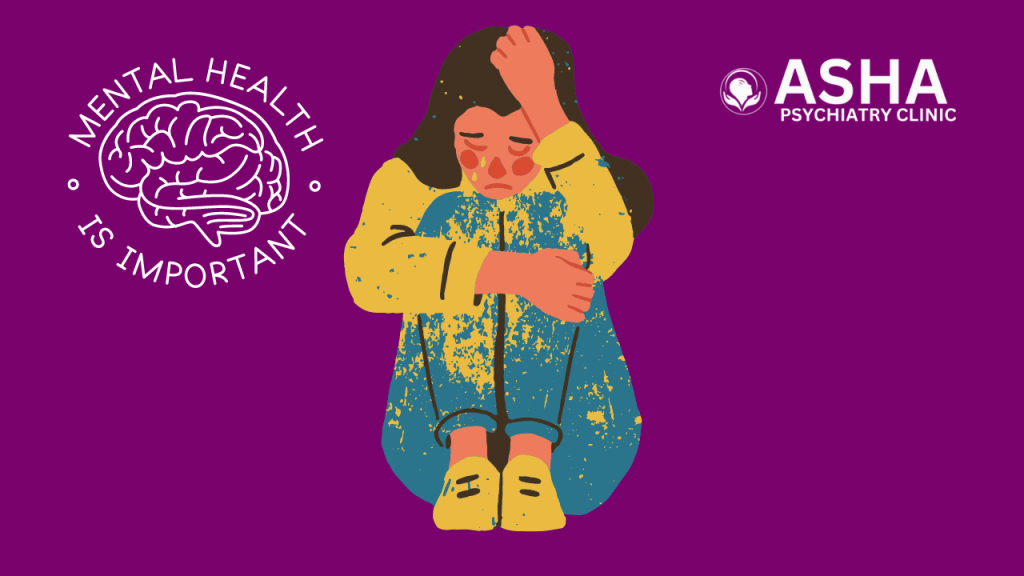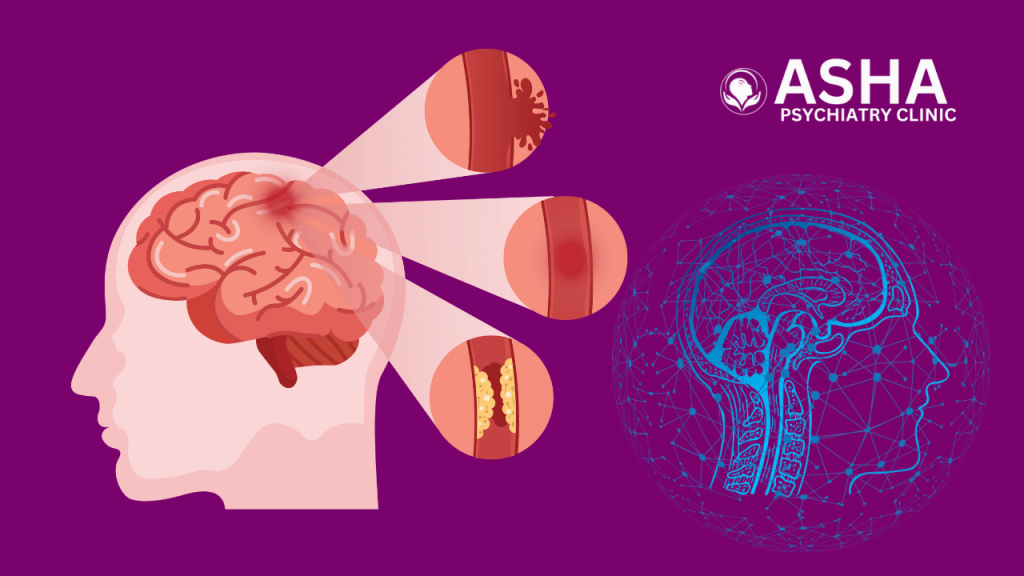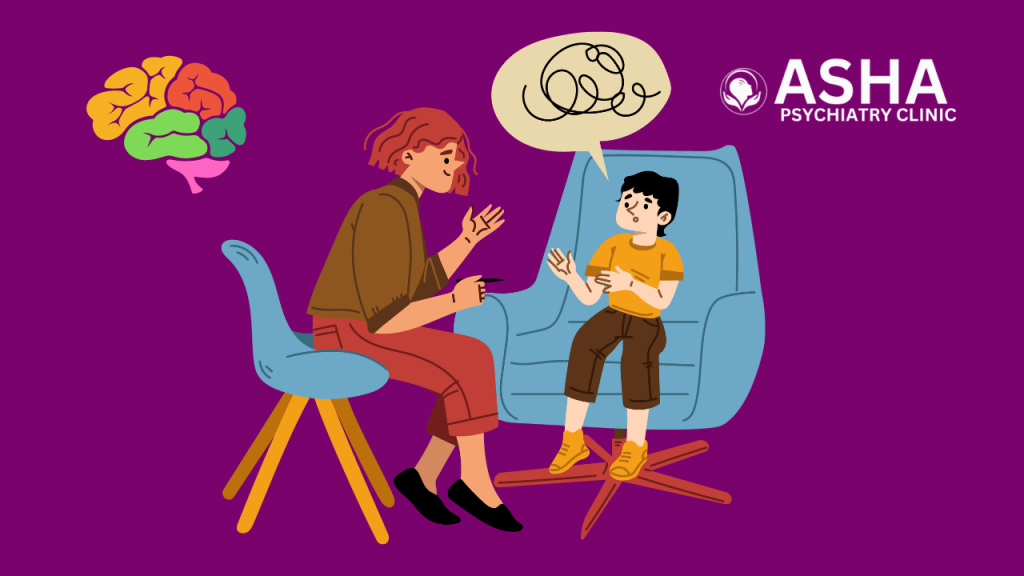The rise of digital technology and has brought remarkable benefits to society, but it has also raised concerns about its impact on young children’s mental and emotional development. One such emerging issue is “Virtual Autism”, a term used to describe developmental delays and behavioral issues in children caused by excessive screen exposure at an early age.
In this article, Dr Srikanth Bandari, a top-rated psychiatrist in Hyderabad working in Asha Hospital in Banjara Hills and Asha Psychiatry Clinic in BHEL Lingampally as a consultant has suggested some valuable instructions or recommendations and highlighted several strategies for preventing virtual autism and promoting healthy development in children.
What is Virtual Autism?
Virtual autism refers to autism-like symptoms in young children—such as speech delays, social withdrawal, and impaired cognitive development—resulting from prolonged exposure to screens during critical developmental years.
It’s not a formal diagnosis, but the condition is increasingly being observed by psychiatrists and child development specialists. Excessive screen time can hinder normal brain development, limiting opportunities for real-world interaction, exploration, and learning.
Causes of Virtual Autism
- Virtual autism is primarily caused by excessive screen exposure during critical developmental stages in young children, particularly under the age of three.
- Prolonged screen time can replace essential face-to-face interactions and physical play, which are crucial for cognitive, language, and social development.
- The overuse of screens reduces opportunities for children to engage in real-world experiences, such as exploring their environment, interacting with others, and developing problem-solving skills.
- Additionally, the fast-paced, overstimulating content on digital devices can negatively impact attention spans, emotional regulation, and communication skills, contributing to delays that resemble autism-like symptoms.
Common Symptoms of Virtual Autism
- Delayed Speech and Language Development: Difficulty with verbal communication, limited vocabulary, or speech delays.
- Lack of Eye Contact: Reduced or minimal eye contact during interactions with others.
- Social Withdrawal: Preference for being alone, showing little interest in interacting with peers or family.
- Repetitive Behaviors: Engaging in repetitive movements, such as hand flapping or rocking.
- Difficulty with Emotional Regulation: Struggles with managing emotions, leading to frequent tantrums or frustration.
- Impaired Cognitive Skills: Trouble with problem-solving, reasoning, or understanding simple tasks.
- Over-reliance on Screens: Strong attachment to digital devices, often becoming upset when they are removed.
How to Prevent Virtual Autism – Insights by Dr. Srikanth Bandari
According to Dr. Srikanth Bandari, the key to preventing virtual autism is reducing screen time and encouraging meaningful, hands-on engagement with the environment. Below are his expert recommendations for parents and caregivers.
1. Limit Screen Time
- Children under 2 years of age should have no screen time except for video calling, as recommended by pediatric guidelines. From ages 2 to 5, screen time should be limited to 1 hour per day under parental guidance.
- Dr. Bandari emphasizes that screens should never be used as “babysitters.” Instead, engage your child in activities that stimulate creativity, imagination, and motor skills.
2. Encourage Face-to-Face Interaction
- Social interaction is a critical component of child development. Dr. Bandari advises parents to prioritize real-life human interaction over virtual communication. Face-to-face conversations help develop language, emotional regulation, and social skills.
- Playtime with peers and adults fosters critical thinking and problem-solving skills, promoting emotional intelligence and reducing the risk of delayed development.
3. Create a Screen-Free Environment
- Designate specific areas of the home, such as the bedroom or dining room, as screen-free zones. This encourages children to engage in physical activities, play with toys, or enjoy reading.
- Having a routine that prioritizes off-screen activities, such as outdoor play or creative arts, helps children develop healthier habits away from digital devices.
4. Engage in Active Play
- Physical play and exploration are essential for children’s brain development. Dr. Bandari encourages parents to incorporate more active play into their child’s daily routines. This could include outdoor games, imaginative play, and activities that enhance motor coordination.
- Playing with puzzles, blocks, or building sets helps improve cognitive development and problem-solving abilities, allowing children to learn through hands-on experiences.
5. Read and Communicate Regularly
- Reading to your child is one of the most effective ways to promote language development and cognitive skills. Dr. Bandari recommends reading aloud daily, even to very young children, as this helps them develop vocabulary and listening skills.
- Encourage communication by asking open-ended questions, engaging in conversation, and teaching them to express their thoughts and feelings.
6. Model Healthy Screen Habits
- Children often imitate the behavior of adults around them. Dr. Bandari stresses the importance of parents modeling healthy screen habits. Limit your own screen time during family time and be mindful of how often digital devices are used in the household.
- Setting a good example creates a balanced environment where children learn that technology is a tool, not a necessity for entertainment.
7. Use Educational Content Wisely
- When screen time is permitted, Dr. Bandari recommends choosing high-quality educational content that stimulates learning. Opt for programs that encourage interaction, problem-solving, and language development.
- Parents should actively participate in the viewing experience, engaging with their children by asking questions and discussing what they’ve watched, helping them think critically about the content.
8. Monitor Behavioral Changes
- Be aware of any sudden changes in your child’s behavior, such as reduced eye contact, speech delays, or repetitive movements. These can be early warning signs of virtual autism or other developmental concerns.
- If you observe these signs, it’s essential to seek professional help early. A child psychologist or psychiatrist like Dr. Bandari can assess and provide strategies to support your child’s development.
9. Foster Family Bonds
- Strong emotional connections with parents and caregivers are foundational to a child’s healthy development. Dr. Bandari highlights the importance of family bonding time, which should focus on shared activities like cooking, storytelling, or going on nature walks. These activities promote positive relationships and help develop social and emotional intelligence.
Final Thoughts
Preventing virtual autism involves creating a balanced and stimulating environment that encourages real-world engagement, social interaction, and creative play. Dr. Srikanth Bandari’s insights remind parents that, while technology has its benefits, it should never replace the crucial developmental experiences children gain from human connection and hands-on activities.
By limiting screen time and promoting active, social, and creative play, parents can help their children develop the emotional, social, and cognitive skills needed for a healthy future.
If you have any queries feel free to contact Asha Psychiatry Clinic, Lingampally. Hyderabad.






